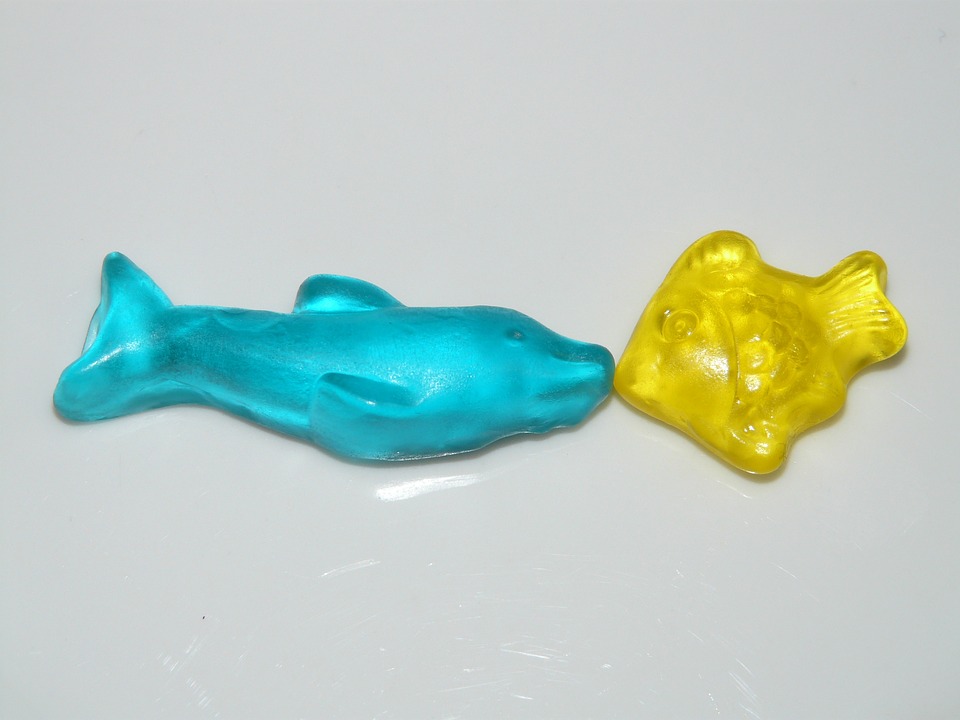**Choosing the Right Type of Fish Food for Specific Species: A Comprehensive Guide**
*By John Smith*
*Date: January 15, 2022*
**Introduction**
Proper nutrition is vital for maintaining the health and vitality of our aquatic companions. Just like humans, different fish species have varying dietary requirements. In this article, we will explore the essential factors to consider when choosing the right type of fish food for specific species. Whether you have freshwater or saltwater fish, understanding their nutritional needs will help you make informed decisions to keep them happy and healthy.
**Factors to Consider When Choosing Fish Food**
1. **Species-Specific Requirements**
Different fish species have varying nutritional needs based on their natural habitats and feeding habits. It is crucial to research the specific dietary requirements of your fish species to ensure their well-being. For example, herbivorous fish like certain species of cichlids will require a diet rich in plant matter, while carnivorous fish like piranhas will need protein-rich food.
2. **Form of Fish Food**
Fish food comes in various forms, including flakes, pellets, freeze-dried, frozen, and live food. Each form has its advantages and disadvantages. Consider the feeding habits of your fish, their size, and the water conditions before selecting the appropriate form of food. For example, larger fish may prefer pellets or freeze-dried options, while smaller fish may benefit from flake food.
3. **Nutritional Content**
The nutritional content of fish food is crucial for the overall health of your aquatic pets. Look for foods that contain a balanced blend of proteins, carbohydrates, fats, vitamins, and minerals. High-quality fish foods often include ingredients such as fish meal, shrimp meal, spirulina, and algae, which provide essential nutrients for fish growth, color enhancement, and immune system support.
4. **Feeding Frequency and Quantity**
Feeding frequency and portion control are vital to avoid overfeeding or underfeeding your fish. Research the recommended feeding guidelines for your specific fish species. Some fish may require multiple small feedings throughout the day, while others may only need to be fed once or twice a day. Monitoring your fish’s behavior and adjusting the feeding schedule accordingly is essential for maintaining their health.
**Frequently Asked Questions (FAQs)**
1. **Can I feed my fish human food?**
Feeding fish human food is generally not recommended. Human food may lack the necessary nutrients and can be harmful to fish. Stick to commercially prepared fish food specifically formulated for your fish species.
2. **Can I mix different types of fish food?**
It is generally safe to mix different types of fish food to provide a varied diet for your fish. However, ensure that all the foods are appropriate for your fish species and do not exceed the recommended feeding quantities.
3. **How long should I store fish food?**
Proper storage of fish food is crucial to maintain its freshness and nutritional value. Follow the manufacturer’s instructions regarding storage conditions and expiration dates. Avoid exposing the food to moisture, extreme temperatures, or direct sunlight.
4. **Do I need to supplement my fish’s diet with vitamins?**
High-quality fish foods usually contain a balanced blend of vitamins and minerals. However, in some cases, supplementing with additional vitamins may be necessary. Consult with a veterinarian or a knowledgeable aquarium specialist to determine if your fish requires any additional supplements.
5. **What should I do if my fish refuses to eat?**
If your fish refuses to eat, it may be a sign of stress, illness, or poor water conditions. Assess the water parameters, ensure proper filtration and temperature, and check for any signs of illness. If the problem persists, consult a veterinarian or an experienced aquarist for further guidance.
**Conclusion**
Choosing the right type of fish food is a crucial aspect of fish care. By considering the species-specific requirements, food form, nutritional content, and feeding frequency, you can provide your aquatic companions with a well-balanced diet for optimal health and longevity. Remember to always monitor your fish’s behavior and adjust their feeding schedule accordingly. With proper nutrition, your fish will thrive and bring joy to your underwater world.









